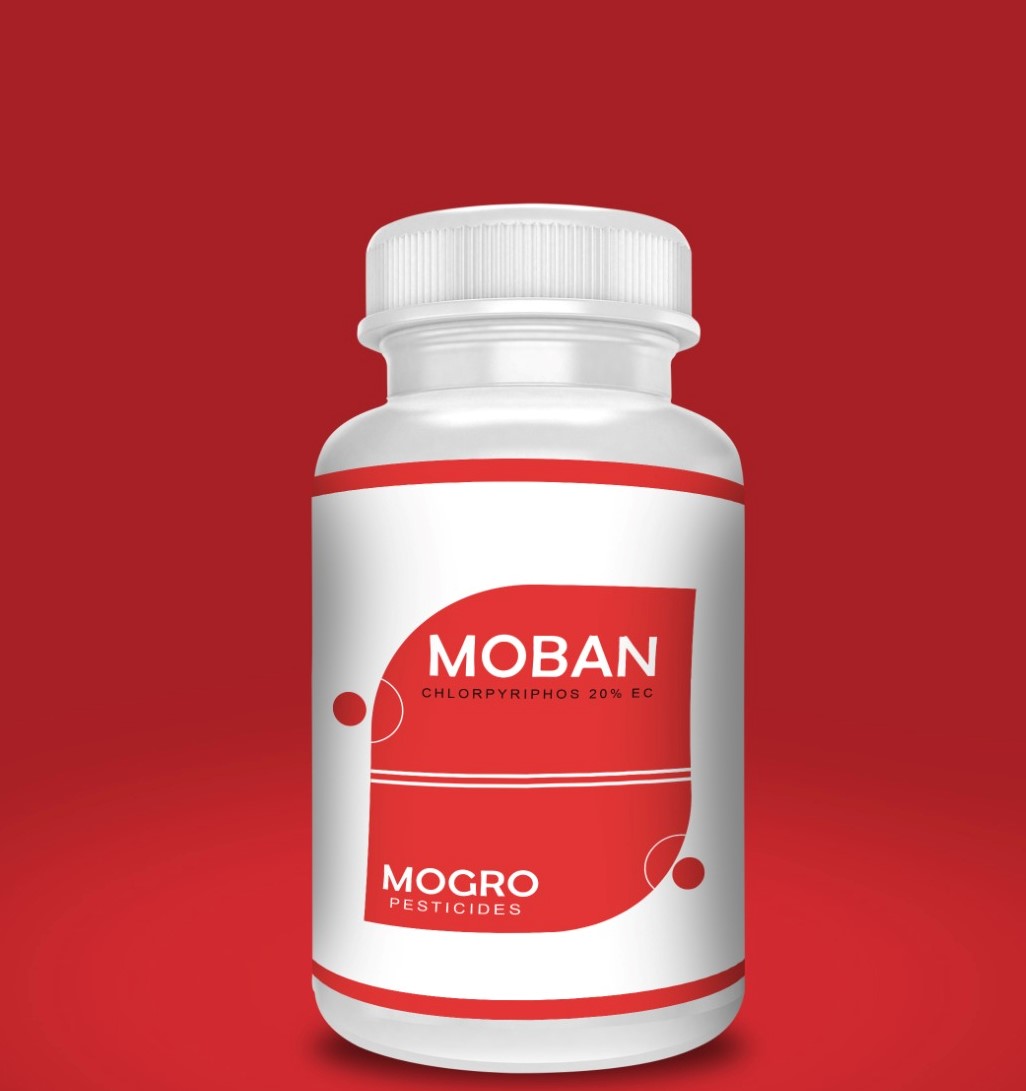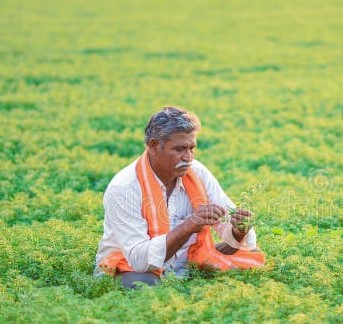"Mr. Natarajan is a progressive farmer cultivating paddy on about 40 acres in Arasavanandadu village. This year, he applied a macro-nutrient crop promoter as a fertilizer at the rate of 1-2 kg per acre, mixed with fertilizer within 25-35 days after planting. After 60-65 days, he used a macro liquid crop promoter along with pesticides. He has come forward to spray 250 ml per acre. We informed him that Macro Company will fully cooperate with his efforts. "

Mocel Glphosate
Dosage
200ml - 300ml / Acre
Package
250ml, 500ml
Usage
Agricultural Weed Control:
Glyphosate is a non-selective
herbicide, meaning it can kill most types of plants it comes into contact with. It is often used in
agriculture to control weeds in various crop fields, including corn, soybeans, cotton, and wheat.
Glyphosate helps farmers manage weed competition, reduce labor costs, and improve crop yields.
Glyphosate is sometimes applied to fields before planting crops to eliminate existing weeds and create a weed-free seedbed. It can also be used as a pre-emergence treatment to prevent weed growth immediately after crop planting. Desiccation:
In certain crops like potatoes, dry beans, and sunflowers, glyphosate may be applied to facilitate harvest. This is known as desiccation, where the herbicide helps dry down the crop, making it easier to mechanically harvest. Non-Crop Areas:
Glyphosate is used to control weeds and unwanted vegetation in non-crop areas such as roadsides, railroads, industrial sites, and utility easements. Lawn and Garden Maintenance:
Glyphosate-based products are commonly used by homeowners and gardeners to control weeds in lawns, gardens, and around homes. They are available in various formulations for domestic use. Forestry:
T Glyphosate is used in forest management to control undergrowth and unwanted vegetation to promote the growth of desirable tree species. Aquatic Weed Control:
Glyphosate can be applied to manage aquatic weeds in bodies of water like ponds, lakes, and rivers. Invasive Species Control:
It is used to control invasive plant species that can harm native ecosystems. Integrated Pest Management (IPM):
Glyphosate can be an essential component of integrated pest management strategies in agriculture, where it is used in combination with other pest control methods to reduce the overall environmental impact.

